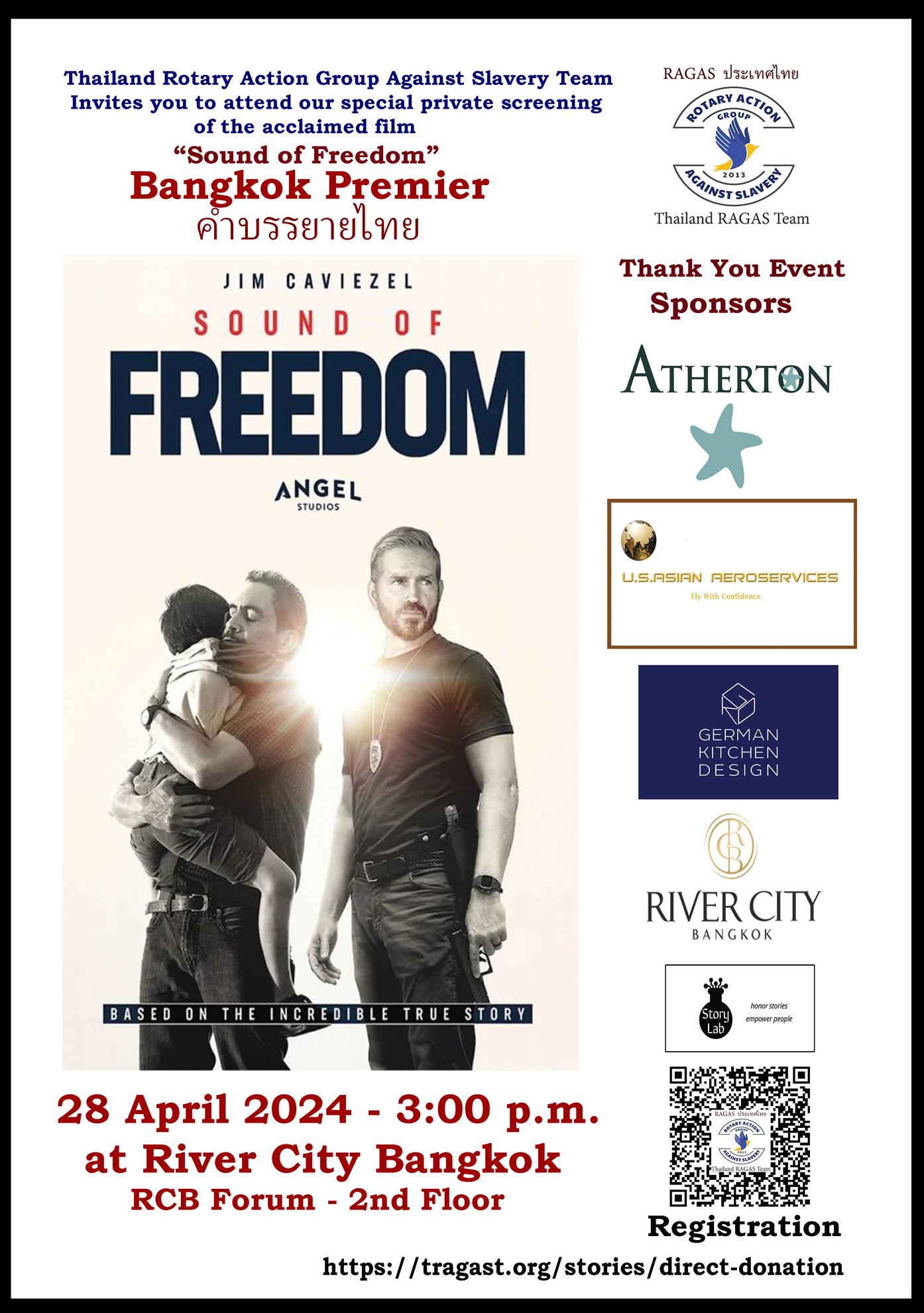
Bangkok Bank
Pratu Chang Phuak Branch
125 Chang phuak Rd, T.Sriphum A. Muang
Chiangmai 50300 Thailand
Swift Code: BKKBTHBK
Account Number: 531-0-932891
Name on Account: GERALD EDWARD NELSON & PONGSAWART NIYOMCA

Bangkok Bank
Pratu Chang Phuak Branch
125 Chang phuak Rd, T.Sriphum A. Muang
Chiangmai 50300 Thailand
Swift Code: BKKBTHBK
Account Number: 531-0-932891
Name on Account: GERALD EDWARD NELSON & PONGSAWART NIYOMCA
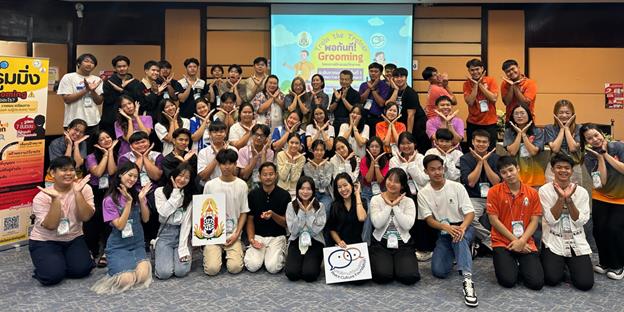
Below is the text from an appeal from Matt Friedman at the Mekong Club. This project is designed to prevent human trafficking into scam centers. TRAGAST is working to help fund this extremely important project. Make a Direct Donation or make a pledge by sending an email to treasurer@tragast.org Take Action Today!
Introduction:
In the hidden world of the human trafficking scam trade, ruthless criminals destroy countless lives. Our mission is clear: use a short film to help overseas job seekers protect themselves from becoming victims of modern-day slavery. Time is of the essence; every day allows this trade to continue and innocent lives to be trapped. Join us in preventing people from becoming victims of human trafficking into scam centres through a short film, and together, we can shine a light on this issue, arming job seekers with the knowledge they need to stay safe.
The Problem:
The situation is complex: hundreds of thousands of people from handfuls of nationalities have been forced into online criminal activities. While some countries are trying to address this issue, criminals adapt, change locations, and upgrade their operations and techniques to avoid identification. There are two types of victims here. First, there are people who have lost money and suffered shame from falling for online scams. Second, there are hundreds of thousands who are forced to work in these scam centres, enduring terrible treatment and human rights violations, such as restriction of movement, physical and sexual violence, debt bondage, and being openly sold between enslavers on online platforms. We focus on the second group—victims of trafficking. They are often well-educated English-speaking professionals and students looking for overseas job opportunities. Our approach addresses the root causes, stops impunity, and prevents more people from being coerced into this heinous crime.
Before doing anything please spend the next 7 minutes listening to Matt Friedman TRAGAST is working to help fund this extremely important project. Make a Direct Donation or make a pledge by sending an email to treasurer@tragast.org Take Action Today!
------------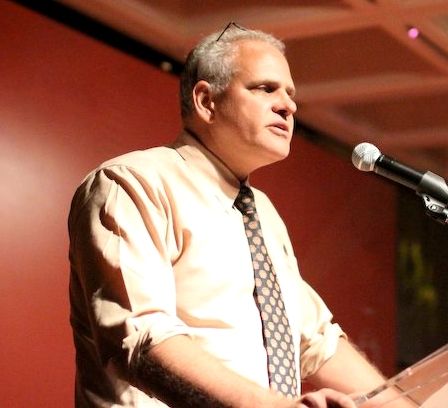 Human trafficking is a heinous crime that should be unequivocally classified as a form of terrorism on a global scale.
Human trafficking is a heinous crime that should be unequivocally classified as a form of terrorism on a global scale.
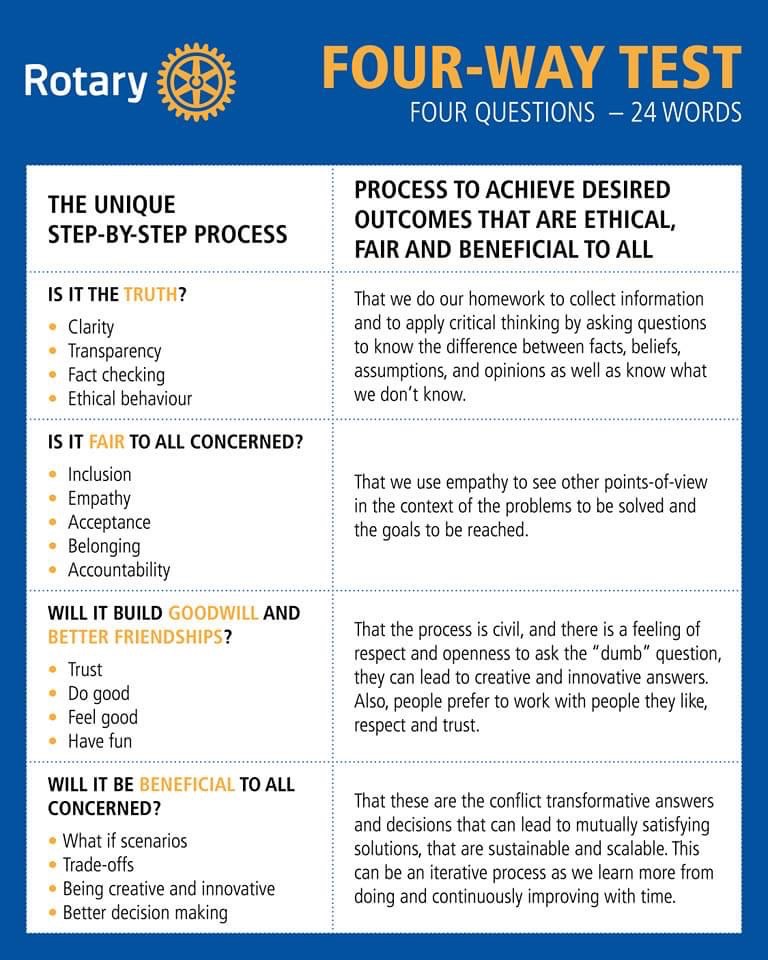
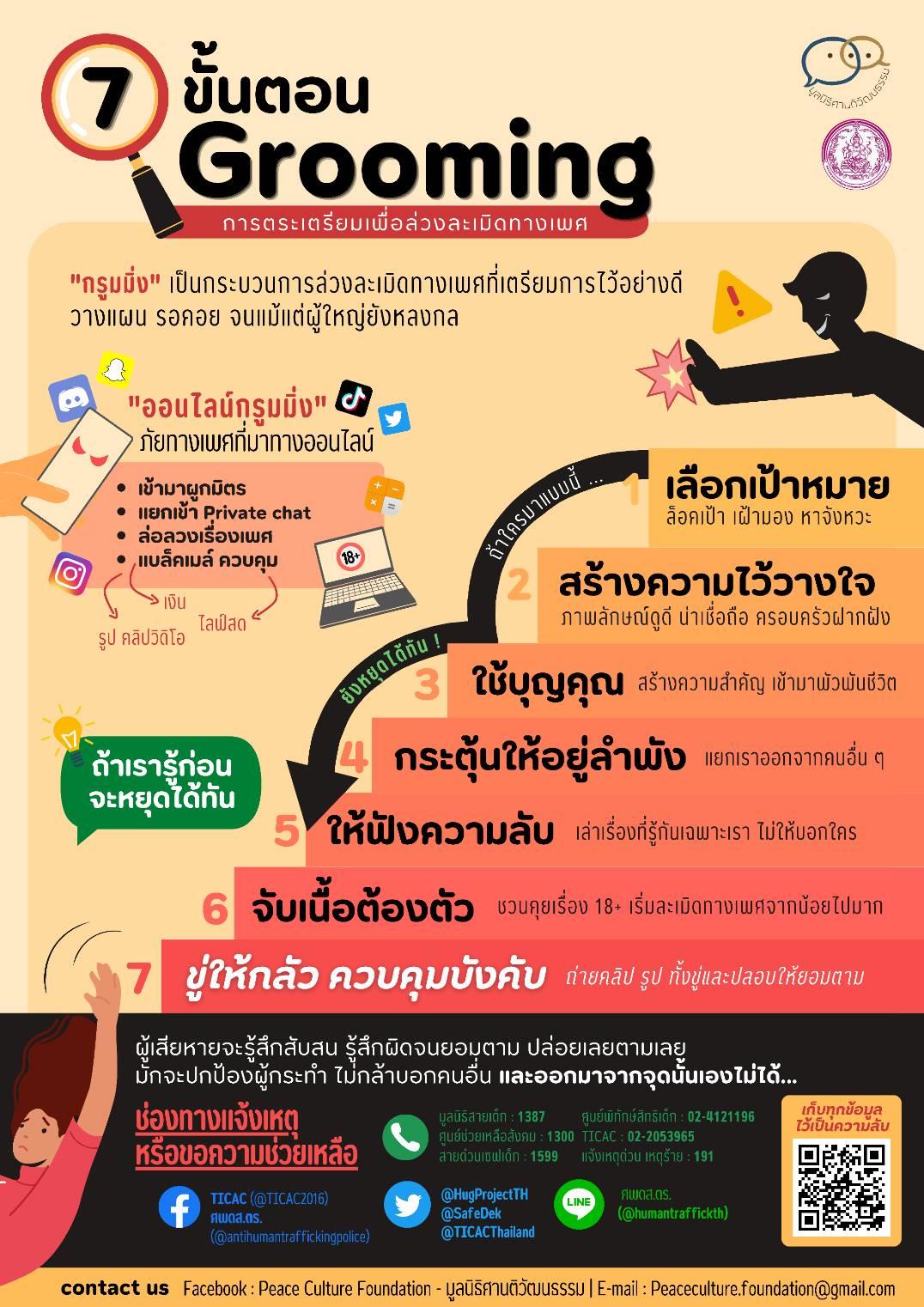

Take away bold ideas about how to improve your club experience, your community, and the world from breakout sessions at the Rotary convention in Singapore.

Supported by a Rotary Programs of Scale award, an initiative in Nigeria seeks to remedy the country’s high instances of maternal death

As temperatures rise, cities transform heat islands with tree cover, “cool pavement,” and other adaptations.
Stop human trafficking now!
Chiang Mai,
Thailand